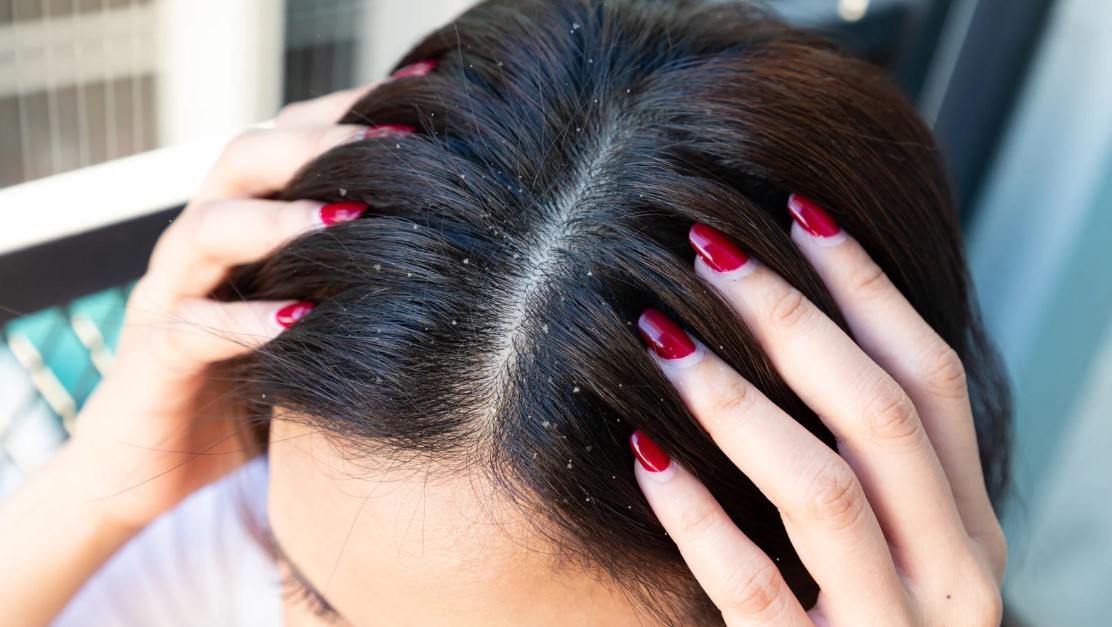Are those pesky white flakes on your shoulders ruining your confidence and leaving you scratching your head in frustration? Don’t worry, you’re not alone. Dandruff is a common scalp condition that affects millions of people worldwide. But the good news is that there are effective ways to banish those flakes for good!
In this blog post, we’ll explore what dandruff is, its causes, and, most importantly, how to get rid of it using simple yet powerful remedies. Say goodbye to embarrassing dandruff and hello to a healthy, flake-free scalp! So, let’s dive in and discover the secrets to achieving luscious locks once again.
What is Dandruff?
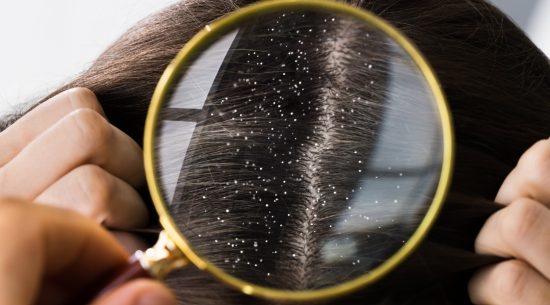
Dandruff refers to a common scalp condition characterized by the development of white flakes that fall from the scalp and onto the hair and shoulders. It occurs when the scalp’s natural shedding process speeds up, resulting in the accumulation of dead skin cells on the scalp’s surface.
Dandruff can be caused by a variety of factors, including dry skin, oily skin, sensitivity to hair care products, fungal infection, or even certain medical conditions. While dandruff is not a serious condition, it can be embarrassing and uncomfortable for those experiencing it.
Thankfully, there are various treatments available, such as medicated shampoos, natural remedies, and lifestyle adjustments, to help keep dandruff under control and promote a healthier scalp.
Common Causes of Dandruff
Dandruff is a common scalp condition that affects millions of people worldwide. While the exact cause of dandruff is still not fully understood, there are several factors that are believed to contribute to its development.
- Irritated, Oily Skin: Excessive oil production or scalp irritation.
- Dry Skin: Lack of moisture on the scalp.
- Malassezia (Yeast-like fungi): Overgrowth of a fungus naturally present on the scalp.
- Sensitivity to Hair Care Products: Allergic reactions to certain ingredients.
- Other Skin Conditions: Psoriasis and eczema affecting the scalp.
Maintaining good scalp hygiene and addressing specific causes can help manage dandruff. Consultation with a healthcare professional is recommended if the issue persists.
How to Get Rid of Dandruff?
1. Anti-Dandruff Shampoo

Incorporating an anti-dandruff shampoo into your hair care routine can be a transformative step in your battle against those persistent flakes. Opt for shampoos containing potent active ingredients like ketoconazole, selenium sulfide, or pyrithione zinc. These powerful elements work wonders by reducing the overproduction of yeast on your scalp, a significant contributor to dandruff.
Follow the recommended usage instructions, typically 2-3 times a week, and ensure thorough massaging into the scalp. Let the shampoo sit for a few minutes before rinsing, actively addressing the root cause of dandruff for healthier, itch-free hair.
2. Apple Cider Vinegar

Embrace the natural benefits of apple cider vinegar in your fight against dandruff. The acidity of apple cider vinegar aids in balancing the pH level of your scalp, effectively diminishing dandruff. A simple yet effective method involves mixing equal parts of apple cider vinegar and water.
Massage this solution into your scalp before your regular shampooing routine, ensuring comprehensive coverage. Allow the mixture to work its magic for 5-10 minutes before thorough rinsing, providing a natural and affordable alternative to chemical-laden anti-dandruff shampoos.
3. Tea Tree Oil
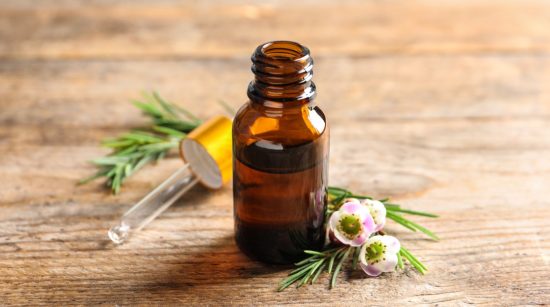
Leverage the potent antifungal properties of tea tree oil as a natural remedy for dandruff. This essential oil, celebrated for centuries in treating various skin conditions, can be seamlessly integrated into your routine. Mix a few drops with your regular shampoo and wash your hair as usual.
Tea tree oil actively combats the yeast on your scalp that contributes to dandruff, providing soothing relief from inflammation and irritation. Exercise caution not to overuse; a little goes a long way. Consistency is key, ensuring its regular use as part of your hair care regimen.
4. Coconut Oil
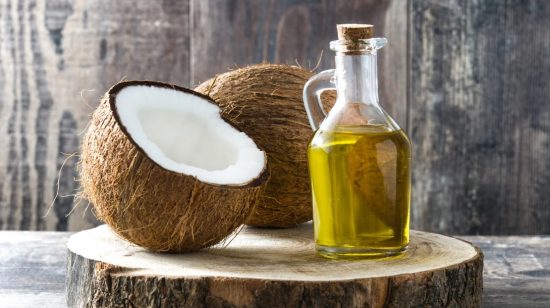
Explore the numerous benefits of coconut oil in your quest for a dandruff-free scalp. The application of warm coconut oil offers effective moisturization, reducing dryness often associated with dandruff. Massage the warm oil into your scalp, ensuring thorough coverage, and leave it on for approximately 30 minutes. This allows the oil to penetrate deeply, nourishing your scalp.
Follow your usual shampoo routine to remove excess oil. The natural properties of coconut oil make it an excellent choice, not only combating dandruff but also leaving your hair feeling irresistibly soft and healthy.
5. Lemongrass Oil
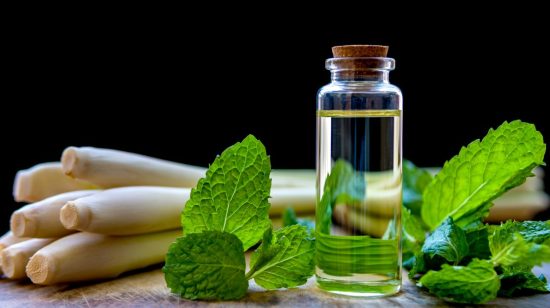
Discover the natural prowess of lemongrass oil in eliminating dandruff. Revered for its refreshing citrus scent, lemongrass oil’s antimicrobial properties effectively combat the yeast on your scalp. To incorporate this remedy, mix a few drops with a carrier oil like coconut or jojoba oil. Massage the blend into your scalp, leaving it on for around 30 minutes before your regular shampooing.
Beyond reducing dandruff, lemongrass oil provides relief from itchiness and irritation, transforming your hair care routine into a fragrant and enjoyable experience. Dilute properly and conduct a patch test to ensure compatibility.
6. Aloe Vera
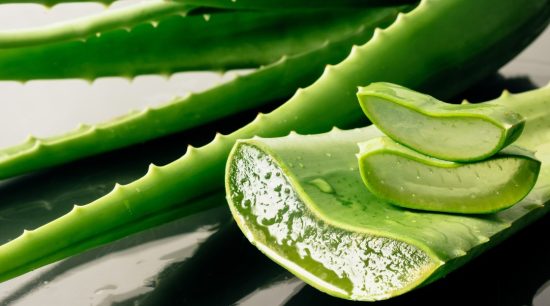
Harness the soothing and healing properties of aloe vera in your battle against dandruff. This natural wonder plant contains enzymes that promote a healthy scalp by reducing inflammation and itching. Extract the gel from an aloe vera leaf and apply it directly to your scalp, gently massaging it in.
Allow it to sit for approximately 20 minutes before rinsing thoroughly with lukewarm water. The cooling sensation provides instant relief, while the antibacterial properties work to eliminate dandruff flakes. Regular use not only addresses dandruff but also nourishes hair follicles, promoting healthier hair growth.
Incorporate aloe vera into your routine at least twice a week for optimal results, or mix it with coconut or tea tree oil for enhanced effectiveness against dandruff-causing fungi. Nature’s remedy awaits—say goodbye to white flakes and hello to revitalized hair!
7. Aspirin

While it may seem unexpected, aspirin, an over-the-counter medication, holds promise in the realm of dandruff treatment. Its anti-inflammatory properties can work wonders in alleviating the redness and flakiness associated with this condition. By crushing two tablets into a fine powder and integrating it with your regular shampoo, you create a potent mixture.
Massage this blend into your scalp, allowing it to sit for a few minutes before thoroughly rinsing. The salicylic acid present in aspirin actively exfoliates dead skin cells and unclogs hair follicles, fostering a healthier scalp. It’s crucial to acknowledge that aspirin’s effectiveness may vary among individuals, and those with sensitive skin should approach this method with caution or seek guidance from a healthcare professional.
8. Omega-3s

Beyond their recognized health benefits, omega-3 fatty acids found in fish, flaxseeds, and walnuts offer a potential remedy for dandruff. These essential fatty acids are renowned for their anti-inflammatory properties, addressing the scalp inflammation associated with dandruff. Incorporating omega-3-rich foods into your diet, such as salmon or mackerel, can nourish the scalp and promote overall scalp health.
For those opting for a plant-based approach, choices like chia seeds, flaxseeds, and walnuts are excellent alternatives. In addition to dietary adjustments, fish oil supplements can provide a concentrated dose of omega-3 fatty acids, offering an effective solution under professional guidance.
9. Baking Soda
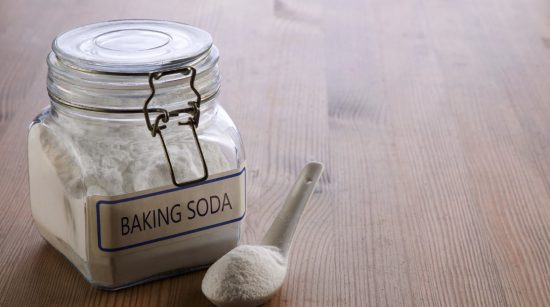
Found in most kitchens, baking soda emerges as a versatile solution for dandruff. Its alkaline nature plays a pivotal role in balancing scalp pH, effectively reducing itchiness and flakiness. Creating a paste by mixing one tablespoon of baking soda with water, applying it to a wet scalp, gently massaging, and leaving it on for a few minutes before thorough rinsing can yield positive results.
It’s essential to exercise caution to prevent excessive dryness, limiting usage to once or twice a week based on the severity of dandruff.
10. Manage Stress Levels

Stress, a common dandruff trigger, necessitates effective management for overall well-being and a healthy scalp. Engaging in regular exercise, incorporating relaxation techniques like deep breathing or meditation, and seeking support when needed can significantly reduce stress levels.
Integrating these practices into your routine enhances not only mental health but also contributes to a scalp environment less prone to dandruff flare-ups.
11. Maintain a Healthy Diet

The impact of diet on overall health extends to scalp health and dandruff reduction. Omega-3-rich foods, including fish and nuts, along with a vibrant array of fruits and vegetables, provide essential vitamins and antioxidants.
Salmon, mackerel, almonds, flaxseeds, and leafy greens contribute to nourishing the scalp and protecting skin cells from free radicals. Considering these nutrient-rich options in your daily meals fosters optimal scalp health.
12. Avoid Styling Products
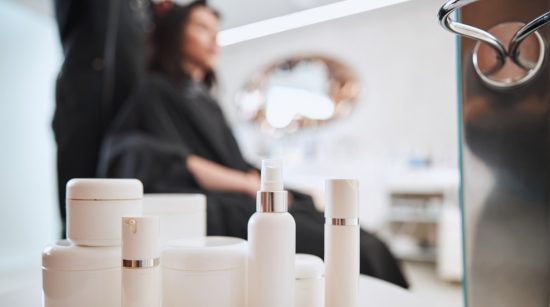
Unbeknownst to many, certain styling products can exacerbate dandruff by stripping away natural scalp oils. The chemicals present, such as alcohol or harsh fragrances, may disrupt the delicate balance, leading to dryness and increased flakiness. To mitigate the risk of aggravating dandruff symptoms, limiting the use of these products is advisable.
Exploring natural alternatives like aloe vera gel or herbal hair rinses can provide effective styling without the potential drawbacks associated with chemical-laden products. Striking a balance between a well-maintained hairstyle and a dandruff-free scalp involves a degree of experimentation to find the most suitable routine.
When to Seek Professional Help?
Knowing when to seek professional help is crucial for maintaining optimal physical and mental health. There are several situations in which seeking professional assistance is recommended.
- Firstly, if you’re experiencing persistent or worsening symptoms, it’s important to consult a healthcare provider. Whether it’s a lingering physical ailment, prolonged emotional distress, or the recurrence of a condition, a professional can provide the necessary expertise and guidance to address your concerns effectively.
- Additionally, if you notice significant changes in your behaviour, thoughts, or emotions that interfere with daily functioning or personal relationships, it’s essential to reach out to a mental health professional. They can provide proper diagnosis, treatment options, and support for conditions such as anxiety, depression, or substance abuse.
- Lastly, seeking professional help is also warranted for preventive care, regular check-ups, or when facing specific health concerns that require specialized knowledge.
Remember, reaching out to professionals is a sign of strength and taking control of your well-being.
Tips for Maintaining a Healthy Scalp

- Keep your scalp clean without stripping away natural oils by washing every other day or based on your hair type.
- Stimulate blood flow and distribute natural oils by using a wide-toothed comb or a gentle-bristled brush.
- Shield your scalp from UV rays with a hat or scalp-specific sunscreen during sun exposure.
- Prevent scalp dryness and dandruff by opting for heat-free hairstyles or using a heat protectant when styling.
- Avoid itchiness and flakiness by limiting styling product use and ensuring thorough rinsing during shampooing.
- Combat itchiness without causing inflammation by gently massaging your scalp or using an anti-itch serum instead of scratching.
- Maintain a healthy scalp and prevent irritation by scheduling trims every 8-12 weeks to address split ends.
Final Thoughts
In conclusion, dandruff can be a frustrating and embarrassing problem, but it is not impossible to get rid of. By following these simple tips, such as using anti-dandruff shampoos, incorporating healthy hair care habits and addressing underlying health issues, you can successfully eliminate dandruff from your life. Remember to be consistent with your treatment and consult a doctor if the problem persists. With patience and proper care, you can achieve a flake-free scalp and enjoy healthier hair.
FAQs – How to Get Rid of Dandruff?
What kills dandruff faster?
There’s no single “killer” for dandruff, as the best approach depends on its cause and severity. Generally, medicated shampoos containing ingredients like zinc pyrithione or ketoconazole offer fast-acting relief, while natural remedies like tea tree oil or apple cider vinegar might take longer but have fewer side effects. Always consult a doctor for severe or persistent dandruff.
Will dandruff go away itself?
Mild dandruff sometimes resolves on its own with improved hygiene and scalp care. However, more stubborn cases likely require treatment, as underlying conditions or sensitivities might be contributing. Don’t hesitate to seek professional advice if it persists.
Can I brush dandruff out of my hair?
Brushing can remove loose flakes, but it doesn’t address the root cause of dandruff. Focusing on treating the scalp with shampoos, medications, or natural remedies is key to long-term control.
Will my dandruff go away if I shave my head?
Dandruff affects the scalp, not hair length. Shaving might temporarily hide flakes, but it won’t treat the underlying issue. Focus on addressing the root cause for lasting relief.
Do cold showers get rid of dandruff?
While cold showers might improve overall scalp health, they’re not a proven remedy for dandruff. Sticking to medicated shampoos or effective natural treatments tailored to your specific situation is more likely to offer relief.

